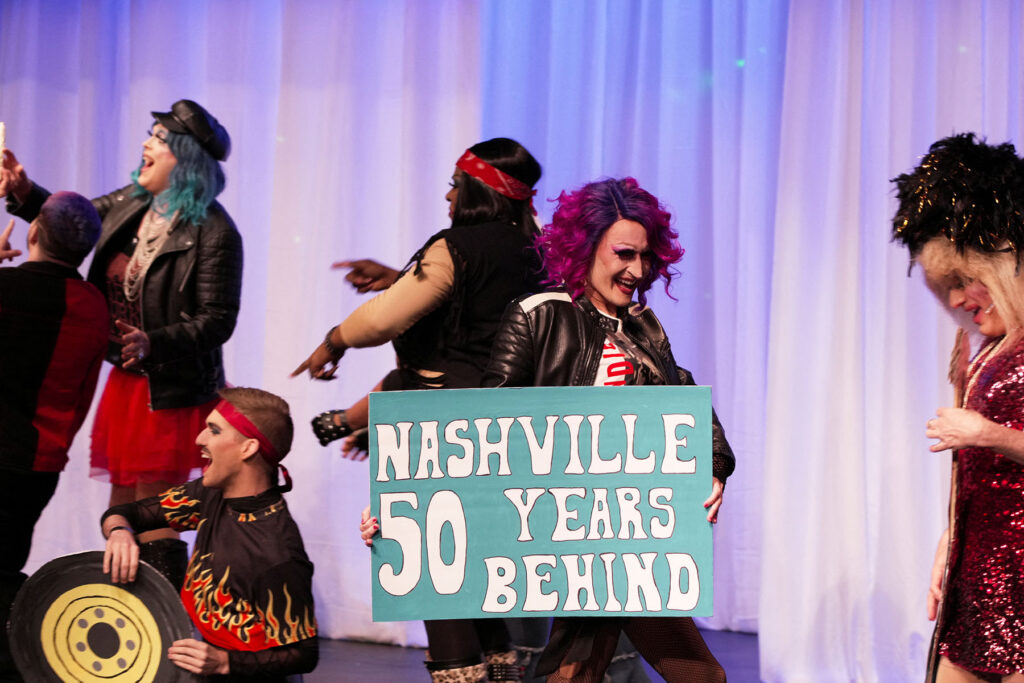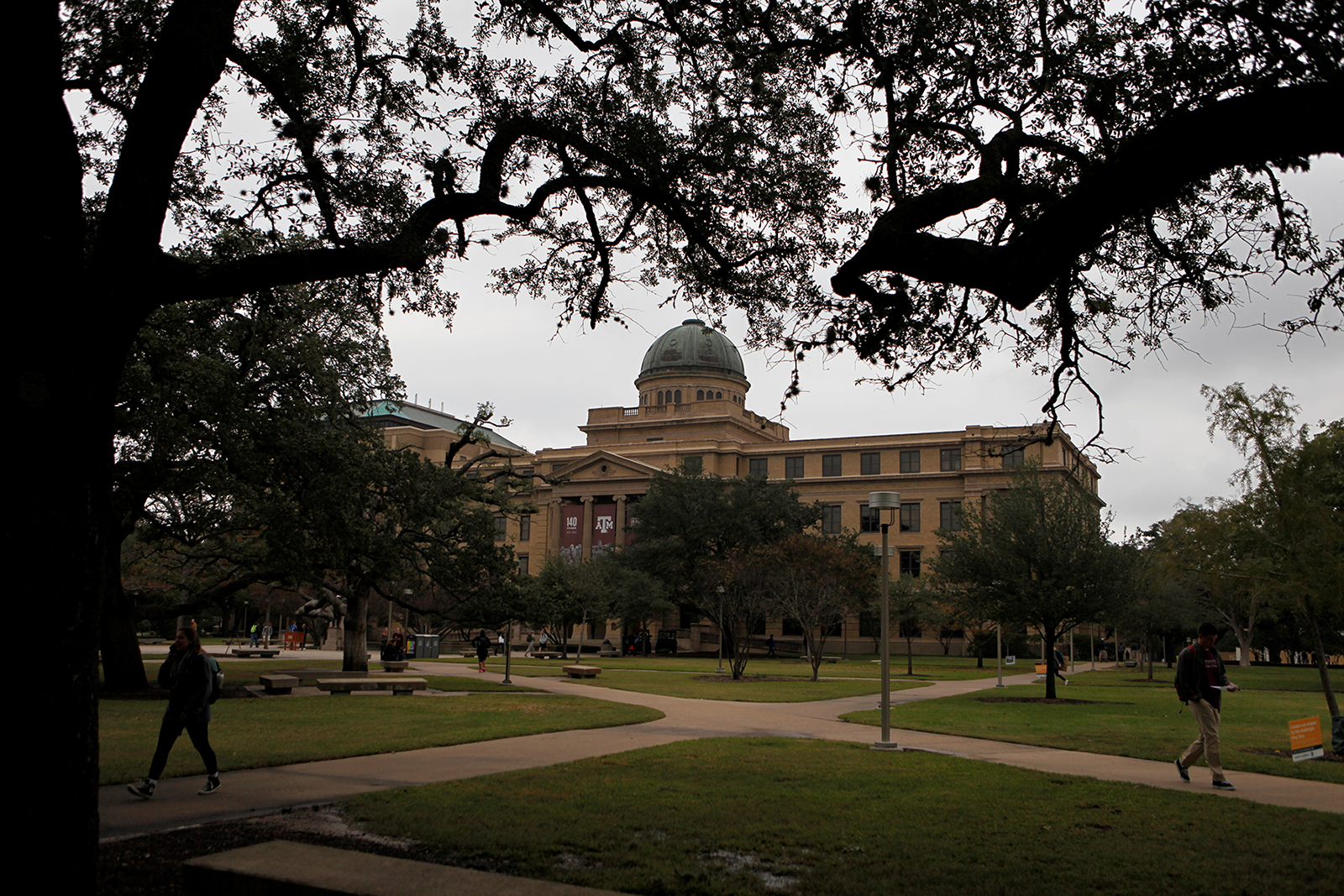A federal judge found Tennessee’s anti-drag law unconstitutional June 2, ruling it violates the First Amendment right to freedom of speech.
The Adult Entertainment Act, (AEA) was signed into law in February by Gov. Bill Lee, and made it a criminal offense for “go-go dancers, exotic dancers” and “male and female impersonators,” among other types of performers, to perform on “public property or in a location where the adult cabaret performance could be viewed by a person who is not an adult.” Those who violate the law would first face misdemeanor charges, and any subsequent violations could result in a felony charge.
U.S. District Judge Thomas Parker — a Donald Trump appointee — permanently enjoined the law, and ruled that it “is both unconstitutionally vague and substantially overbroad,” according to his opinion filed in the U.S. District Court for the Western District of Tennessee. For a law to be “substantially overbroad,” it’s written so broadly that it regulates both protected and unprotected speech.
“Freedom of speech is not just about speech,” Judge Parker wrote. “It is also about the right to debate with fellow citizens on self-government, to discover the truth in the marketplace of ideas, to express one’s identity, and to realize self-fulfillment in a free society.”
Friends of George’s, an LGBTQ theater company that features drag-centric shows, challenged the AEA in late March, claiming the law chills protected speech “based on its content, its message, and its messenger.” Judge Parker quickly issued a temporary restraining order delaying the enforcement of the law March 31, just one day before the law was supposed to take effect.
Judge Parker held that “If Tennessee wishes to exercise its police power in restricting speech it considers obscene, it must do so within the constraints and framework of the United States Constitution. The Court finds that as it stands, the record here suggests that when the legislature passed this statute, it missed the mark.”
Judge Parker maintained that sentiment in his recent ruling, stating the law “was passed for the impermissible purpose of chilling constitutionally-protected speech,” despite the state’s “compelling interest in protecting the psychological and physical wellbeing of children.”
“This win represents a triumph over hate. Our first amendment rights were affirmed today as drag artists and makers of theatre,” Friends of George’s wrote in a statement. “Similar to the countless battles the LGBTQ+ community has faced over the last several decades, our collective success relies upon everyone speaking out and taking a stand against bigotry.”
Tennessee’s Adult Entertainment Act
March 27, 2023 — Friends of George’s Complaint
March 31, 2023 — Judge Parker Issues Temporary Restraining Order
June 2, 2023 — Judge Parker Permanently Enjoins Adult Entertainment Act
Tags



